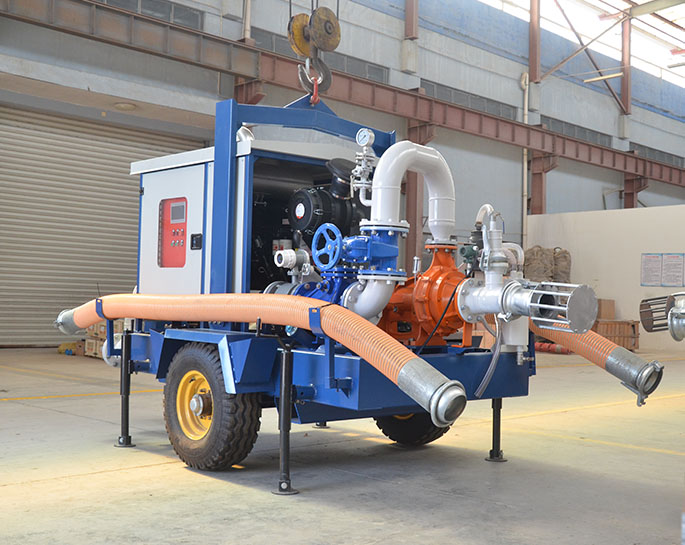A manure pump is a specific type of pump used in agriculture to handle and transfer animal waste, particularly manure, from livestock facilities to storage or disposal areas. These pumps are essential in managing agricultural waste efficiently and preventing environmental contamination. Here are some applicable scenarios for manure pumps:
Livestock Farms: Manure pumps are commonly used on dairy farms, hog farms, poultry farms, and other livestock operations to move manure from animal pens and holding areas to storage tanks or lagoons.
Manure Storage: Manure pumps are used to agitate and pump stored manure from storage facilities such as lagoons or tanks. This helps mix and homogenize the manure for uniform distribution on fields as fertilizer.
Field Application: Manure pumps are employed to apply liquid manure as fertilizer on agricultural fields. This can be done using a variety of methods, such as spray irrigation, surface application, or injection.
Nutrient Management: In order to manage nutrient content and reduce environmental impact, manure pumps are used to precisely measure and distribute the correct amount of manure to meet crop nutrient requirements.
Biogas Production: Manure is sometimes used as a feedstock for anaerobic digestion to produce biogas. Manure pumps are used to transfer the waste to the digester for the conversion of organic matter into biogas.
Environmental Compliance: Manure pumps help farms comply with environmental regulations by enabling controlled and responsible handling of manure to prevent runoff and contamination of water bodies.
Waste Reduction: Efficient manure pumping systems can reduce the labor and time required to manage animal waste, making the process more cost-effective.
Odor Control: Proper manure management using pumps can help control odor emissions from livestock facilities, improving the living conditions for both animals and nearby residents.
Custom Application: Manure pumps can be adapted for specific needs, such as different types of manure (liquid, slurry, solid), distances to be covered, and the layout of the farm.
Emergency Situations: Manure pumps can be used to respond to emergency situations such as containing and cleaning up manure spills or leaks to prevent environmental damage.
Research and Education: Agricultural research institutions and educational facilities may use manure pumps for experimentation, teaching, and developing new waste management techniques.
It's important to note that the type of manure pump and its specific application may vary depending on the type of livestock, the manure consistency (liquid or solid), the farm's size, and local regulations. Proper maintenance and safety precautions are essential to ensure the safe and efficient operation of manure pumps.



